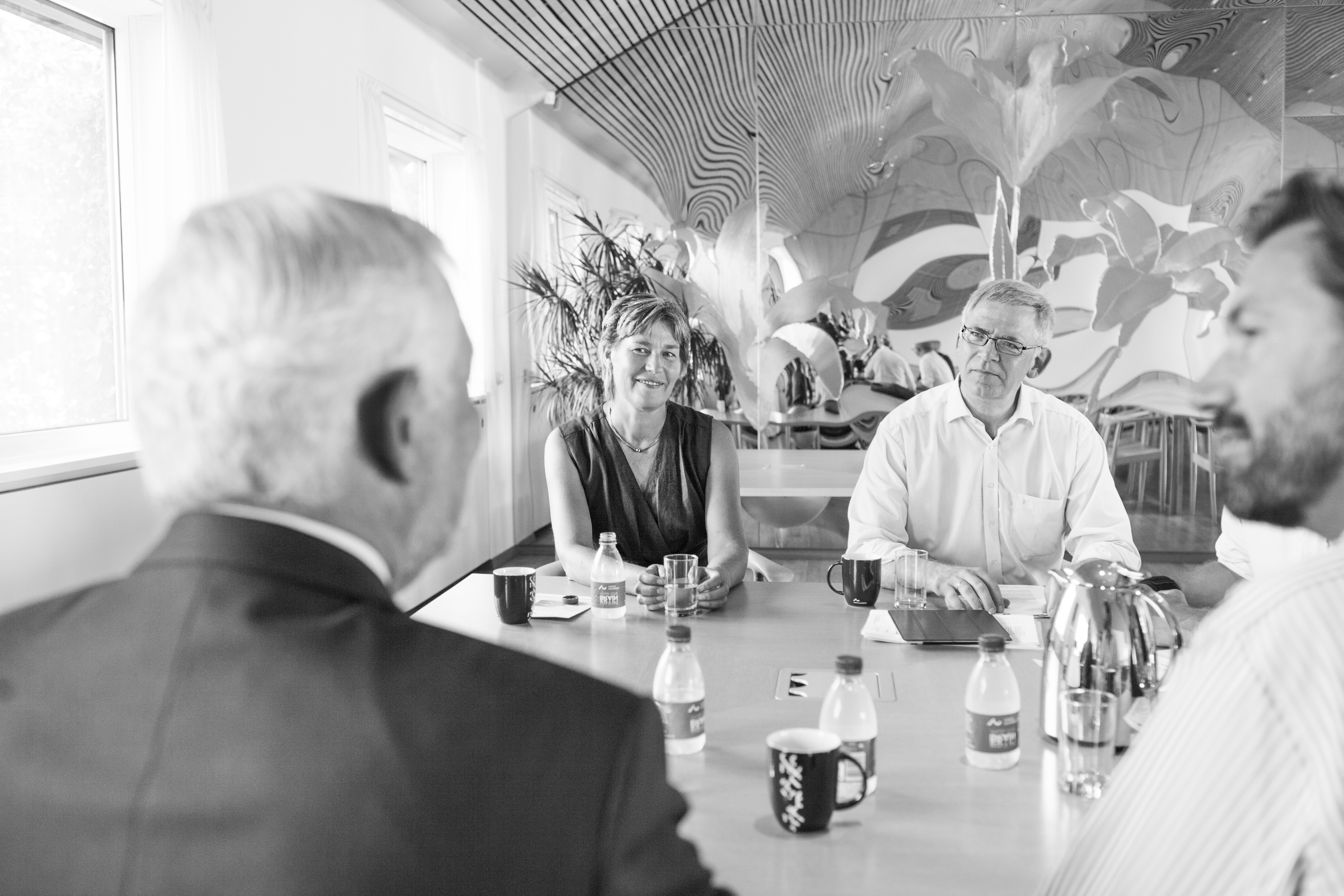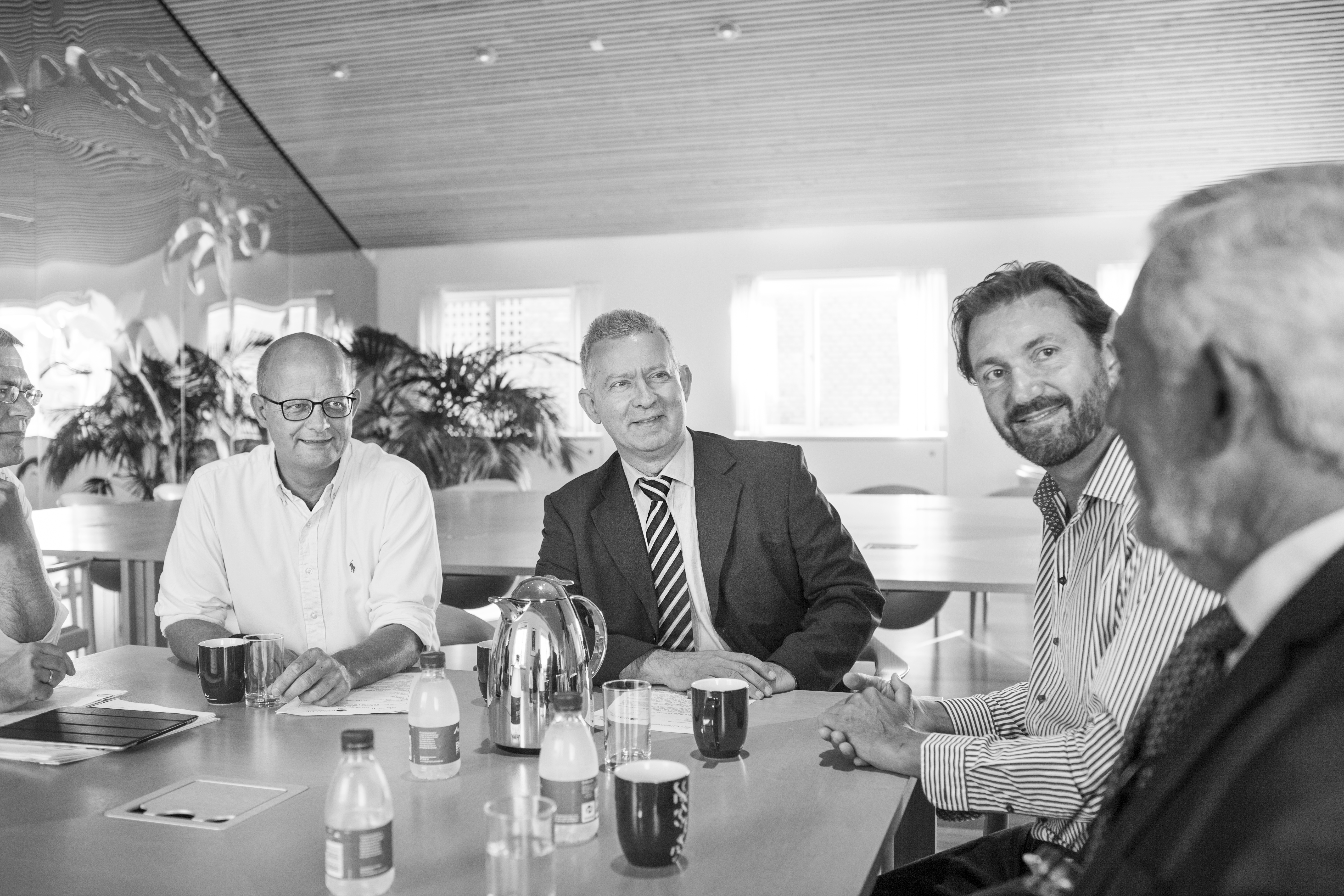Dialogue about research and education
In the autumn of 2014, Aarhus University will be moving into a brand-new building, Navitas Park. This new facility will unite the university’s engineering degree programmes and research programmes in a new architectural landmark centrally located in the docklands development in downtown Aarhus.


When I visited the finished building one day, it struck me that Navitas is not only a remarkable education and research facility. It’s also a good symbol of how we as a university conceive our relationship to society today. There are a lot of big windows on the Navitas building façade, which brings the world outside right up close, and allows the world to look in on us. My point is that this is how we should understand the university, regardless of whether our buildings actually have glass walls or not. As an open social institution that actively seeks out close contact and dialogue with society. We serve society.
At Aarhus University, we are constantly working towards ever closer interaction with society – and to expand an ever better road network of knowledge linking businesses, government agencies and institutions, organisations, institutions and us. We bring our knowledge into play in a variety of ways. Each year, our research and teaching staff equips thousands of new graduates and PhDs to take on the labour market. We produce new research results and communicate our expertise to government and industry – to society as a whole, in fact – and we contribute to innovation by providing training in entrepreneurship and technology transfer – to the benefit of society and in collaboration with a wide range of stakeholders. Research and education help us understand yesterday, today and tomorrow. Today, research holds the key to many of the challenges, mysteries and problems we experience in our everyday lives, such as health, climate, food, play and learning, technological development and education.
Our graduates are our most important contribution to society by far. Our graduates will go on to play an important part in society. As employees, as citizens, as participants in public debate – and as developers of our society. We have to give them a solid foundation – a hefty ballast of knowledge – and the ability to keep learning more and applying what they learn.
Aarhus University has intensified its focus on the quality of education. For this reason, the position of pro-rector for education has been created. As one of her first initiatives, the new pro–rector has launched a series of ‘town meetings’ to which she is inviting interested parties from within and without the university to an open dialogue aimed at the development and improvement of our degree programmes. In this profile brochure, you can read more about this initiative. You’ll also get a glimpse of the many activities and research projects that make Aarhus University such a diverse university.
Enjoy!
Brian Bech Nielsen, rector of Aarhus University
